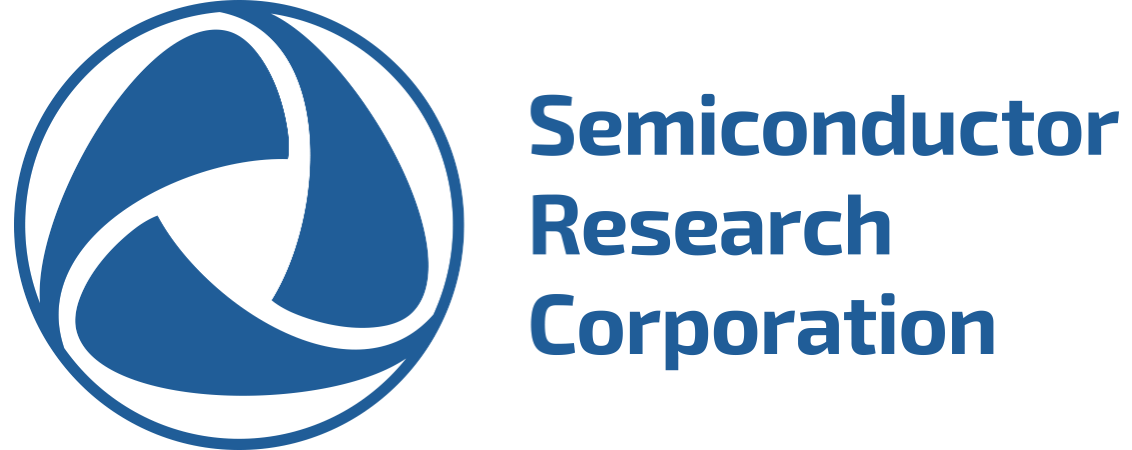The ADA Center will reignite system design innovation by drawing on opportunities in application driven architecture and system-driven technology advances, with support from agile system design frameworks that encompass programming languages to implementation technologies. The center’s innovative solutions will be evaluated and quantified against a common set of benchmarks, which will also be expanded as part of the center efforts. These benchmarks will be initially derived from core computational aspects of two application domains: visual computing and natural language processing. These will be expanded to include application drivers from the JUMP vertical centers. To solidify the expected performance, energy, and design cost improvements brought upon by the center, we analyzed two primordial instances of these workloads that can be executed on today’s systems and estimated that the center’s innovations will enable a 100x boost in power savings or an over 20x improvement in throughput with a latency reduction of 4x. Both shall be achieved with a 5x reduction in designer’s effort. This reduction in designer’s effort translates into lower costs of new designs and, equally importantly, a potential exponential growth in the size of the designers’ population. These two factors will reignite fast-paced innovation trends in electronic system design and support advancement for the 2025-2035 timeframe.
Annual Report
- Year 4 Annual Report (Jan 1 - Dec 31, 2021)
- Year 3 Annual Report (Jan 1 - Dec 31, 2020)
- Year 2 Annual Report (Jan 1 - Dec 31, 2019)
- Year 1 Annual Report (Jan 1 - Dec 31, 2018)
ADA Metrics
-
Last Year
20 Research Data -
Since Inception
29 Projects19 Universities264 Research Scholars38 Faculty Researchers97 Liaisons1,917 Research Data2 Patents Granted


 SRC.org Links
SRC.org Links